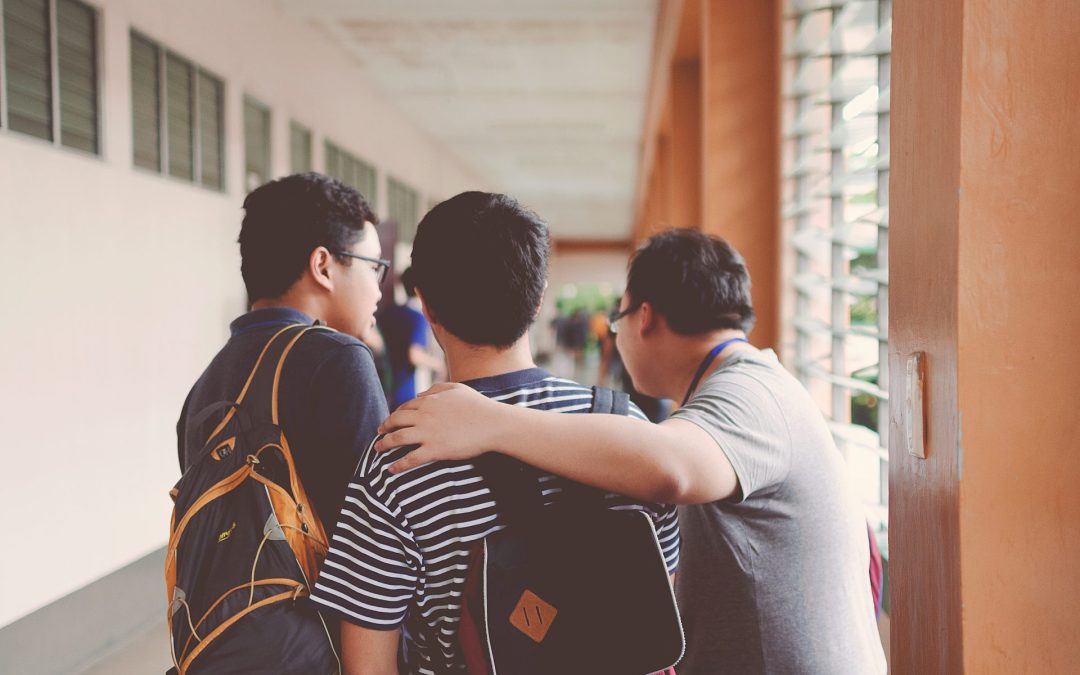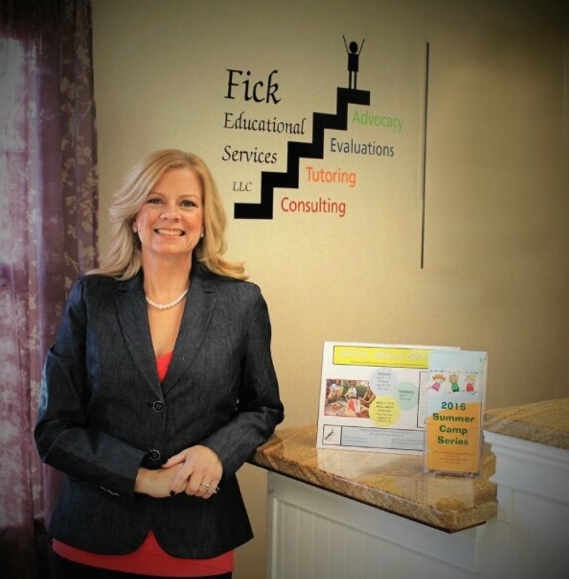We frequently see families come in and express concerns that their children seem to struggle with new social situations. Some may have IEP’s related to this, while others may struggle with anxiety, and still others may just want to grow into a social butterfly. Occasionally people will say, “what can you do- some people are not good in social situations”. While this may be true to a degree, it absolutely is possible to help your child develop positive sets of social skills.
Our Social Skills Program is built on the best practices we know leads to behavior change. First and foremost, we spend time talking through social situations and actions. While students may learn classroom rules in school, we know that there is honestly not enough time to dedicate to elaborating and differentiating when it comes to why we behave certain ways in class; usually we stick to a list of “do” and “don’t” behaviors. Some kids need more!
In our lessons on social skills, we talk through real life scenarios with children to allow them room to ask questions and space for us to guide them in understanding others. Being able to dedicate time to discussing social skills directly is extremely beneficial, but without guided practice, there will likely be little change in behavior.
That is why we use small groups for our social skills program. By working with peers, they hear questions from others and see how their peers perceive and react to their behaviors. In essence, the lesson become the practice. But we don’t stop there! Each lesson is structured with real like scenarios for our students to put skills to the test. We may have a meal together, practice tasks like shopping, or engage in games and physical activity to put our social skills to the test.
Check in are also key for sustainable growth in your social skillset. First and foremost, we loop parents in to their child’s progress, including strategies to use at home and how to monitor progress. Sometimes parents may even request an individual progress report for their child, and we find that can be helpful. They key is that you and your child leave with tools to use in the future.
Ultimately, learning social skills takes practice in a structured environment to see the best progress. Our teachers know this and serve as supportive guides for children during our program, as well as a consistent source of positive and low-risk social interaction. We work to build confidence and produces results, whether academic or social!

 Fick Educational Services is devoted to the educational needs of the children through individualized learning plans, tutoring and advocacy.
Fick Educational Services is devoted to the educational needs of the children through individualized learning plans, tutoring and advocacy.

